Forex trading, also known as foreign exchange trading, is a popular investment activity that involves the buying and selling of currencies. However, for Muslims, the permissibility of engaging in forex trading is a matter of concern, as it raises questions about its compliance with Islamic principles. In this article, we will delve into the topic of whether forex trading is halal (permissible) or haram (forbidden) according to Islamic teachings. We will explore the various aspects related to forex trading and its alignment with Islamic finance principles.
Understanding Forex Trading
Forex trading refers to the buying and selling of currencies in the global foreign exchange market. It is a decentralized market where participants trade various currency pairs, such as USD/EUR or GBP/JPY, with the aim of profiting from fluctuations in exchange rates. Traders can engage in forex trading through online platforms provided by brokers.
The Concept of Halal in Islam
To determine whether forex trading is halal or haram, we need to consider the fundamental principles of Islamic finance. Islam encourages ethical and fair economic practices, and any activity that violates these principles is considered haram. The concept of halal in Islam revolves around avoiding riba (usury/interest), gharar (uncertainty), and maysir (gambling).
The Permissibility of Forex Trading
Interest (Riba): One of the main concerns regarding forex trading is the presence of interest or usury. In Islamic finance, earning or paying interest is strictly prohibited. In conventional forex trading, when traders hold positions overnight, they may receive or pay interest due to the difference in interest rates between the currencies being traded. This aspect raises a question regarding the permissibility of such trading activities in Islam.
Alternative Approach:
Islamic finance scholars propose an alternative approach called Islamic forex trading, which adheres to Shariah principles. In Islamic forex trading, trades are executed without incurring or earning interest. Instead, traders enter into an agreement where any overnight positions are closed, and no interest is involved.
Uncertainty (Gharar): Gharar refers to excessive uncertainty or ambiguity in a transaction. In forex trading, the element of gharar arises due to the inherent unpredictability of currency exchange rates. Some scholars argue that excessive speculation and uncertainty make forex trading akin to gambling, which is considered haram in Islam.
Counter-Argument:
Proponents of forex trading argue that while there is an element of uncertainty, it is different from gambling. Forex trading involves analysis, strategy, and informed decision-making based on economic indicators and market trends. Traders rely on their knowledge and expertise rather than pure chance.
Gambling (Maysir): Islam prohibits engaging in any form of gambling, as it relies on chance rather than productive effort. Critics of forex trading argue that the speculative nature of currency trading, especially in short-term transactions, resembles gambling and is therefore forbidden.
Counter-Argument:
Supporters of forex trading differentiate it from gambling by highlighting that it is a legitimate business activity. Participants engage in trading with the intention of making a profit through informed analysis and risk management. Forex trading is seen as a skill-based endeavor rather than relying solely on chance.
The Importance of Seeking Knowledge and Guidance
When it comes to determining the permissibility of forex trading in Islam, it is crucial for individuals to seek knowledge and guidance from qualified Islamic scholars who specialize in Islamic finance. These scholars analyze the specific terms and conditions of forex trading and provide guidance based on the interpretation of Islamic principles.
Conclusion
In conclusion, the question of whether forex trading is halal or haram in Islam is a complex issue that requires careful consideration of various factors. While some scholars argue that certain aspects of forex trading, such as interest or uncertainty, make it impermissible, others contend that it can be permissible if conducted in a manner consistent with Islamic finance principles. Ultimately, individuals should seek guidance from knowledgeable scholars and make informed decisions based on their understanding of Islamic teachings.
Is forex trading halal or haram in Islam?
The permissibility of forex trading in Islam is a topic of debate among scholars. It is advisable to consult with qualified Islamic scholars who specialize in Islamic finance for guidance based on your specific circumstances.
What is Islamic forex trading?
Islamic forex trading is an alternative approach that adheres to Shariah principles. It aims to eliminate interest (riba) by closing overnight positions and avoiding any form of interest payment or receipt.
Does forex trading involve gambling?
Forex trading is a speculative activity, but it is not considered gambling by all scholars. Supporters argue that it requires skill, analysis, and informed decision-making, distinguishing it from gambling.
Can Muslims engage in forex trading?
Muslims can engage in forex trading, provided they adhere to Islamic finance principles. This may involve using Islamic forex trading accounts that comply with Shariah guidelines.
Where can I find qualified Islamic scholars for guidance on forex trading?
To seek guidance on forex trading in the context of Islamic finance, it is recommended to consult reputable Islamic finance institutions or scholars with expertise in this field.
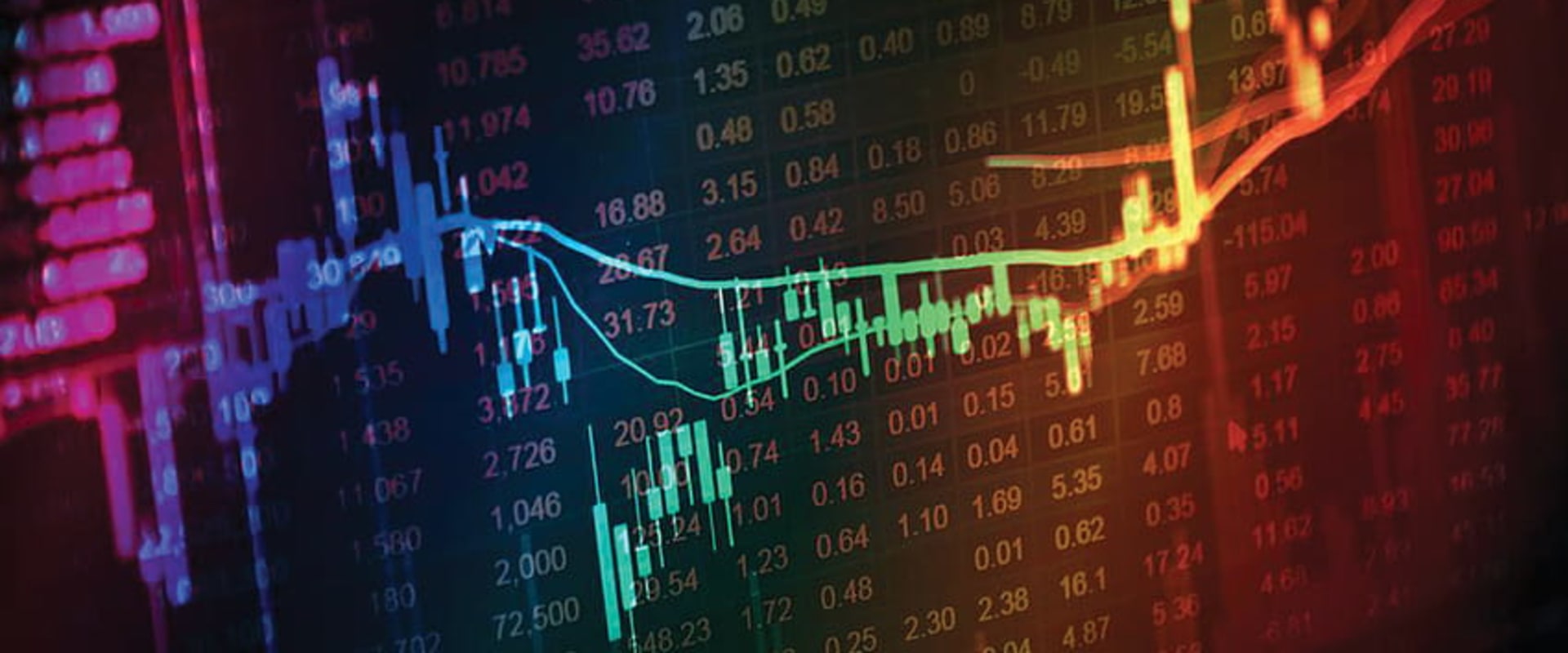

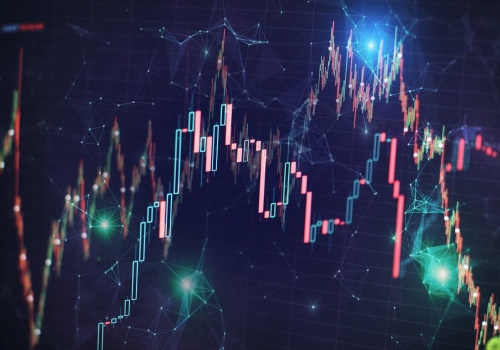
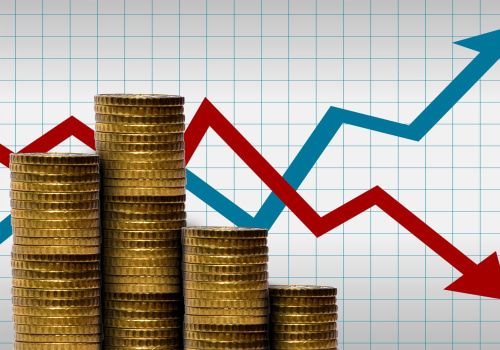


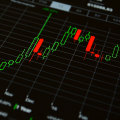




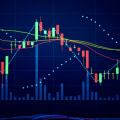
Leave Reply